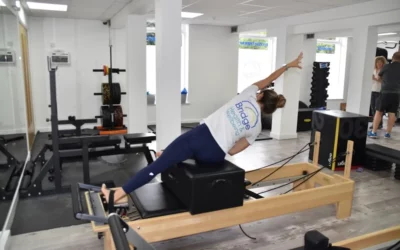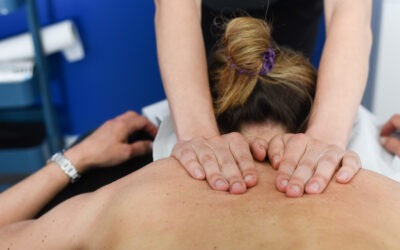Plantar fasciitis or plantar heel pain is a condition that refers to pain in the sole of the foot which originates at the heel and can travel down the arch on the inside of the foot.
What is the plantar fascia?
The plantar fascia is a band of connective tissue that runs along the sole of the foot, in effect connecting the heel to the toes. It has connections to several different bones and soft tissues including the intrinsic foot musculature and into the skin. Through a mechanism known as the Windlass mechanism, when walking, the plantar fascia takes up the tension and provides essential stability to the foot with very little muscle activity occurring.
What are the signs and symptoms?
The main symptom that you will experience is pain when weightbearing. Pain will be felt on the inside of the arch of the foot. The symptoms are usually worse first thing in the morning as the plantar fascia will have rested in a shortened position overnight. Walking after a long car journey can also be sore. Barefoot walking is always the most painful form of weight bearing. You may limp as a result of the symptoms and they usually come on with a sudden increase in activity, especially in the summer when people use flip flops and sandals more which provide very little support to the foot.
Treatment
The key with treating plantar fasciitis is to support the soft tissues as much as possible so that you can move and exercise with reduced symptoms. This will mean avoiding weight bearing in bare feet, wearing supportive shoes/trainers and sometimes even an orthotic of some sort to provide more support. We then work on loading the muscles around the ankle and the foot as well as stretching out the plantar fascia and calf muscles. Shockwave therapy has also been shown to be effective in the treatment of the condition. Using a roller on the sole of the foot (self-mobilisation) can be very useful as well.
It can take time to fully resolve plantar fasciitis so please do contact us if you are struggling with heel pain. The sooner we can start treatment, the quicker the symptoms should start to improve. To speak to our physiotherapist Paul or book your physiotherapy appointment at our health and wellness centre on Bridge Street in Christchurch, Dorset, please contact us on 01202 473800 or book online.

Paul O’Connell (MSC, BSC, HCPC, MCSP) is a physiotherapist with two decades of clinical expertise. He has worked right across the UK, from North Yorkshire and London to Hampshire and Dorset. Sports medicine is one of his areas of special interest: he has worked both on the touchline and in sports injuries clinics, and now lectures on the Sports Therapy programme at Bournemouth University. Having spent several years managing physiotherapy and health assessment teams in two key Nuffield Health hospitals, Paul also has an extensive understanding of orthopaedic surgery.



